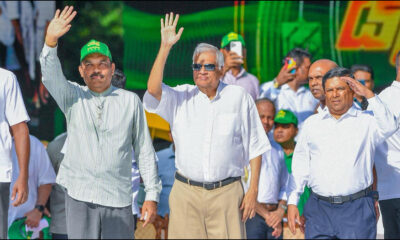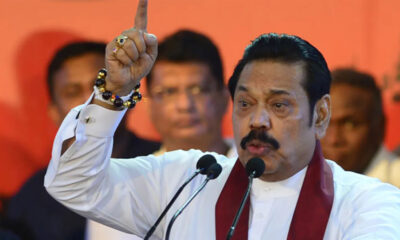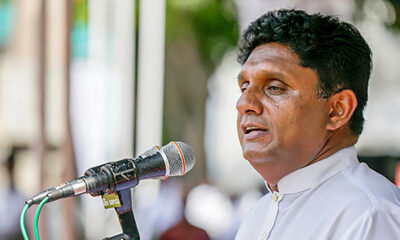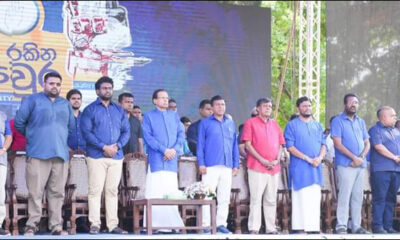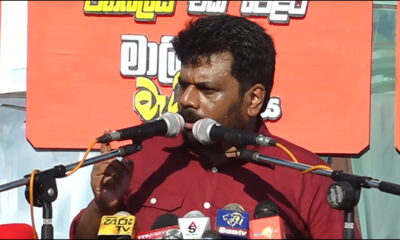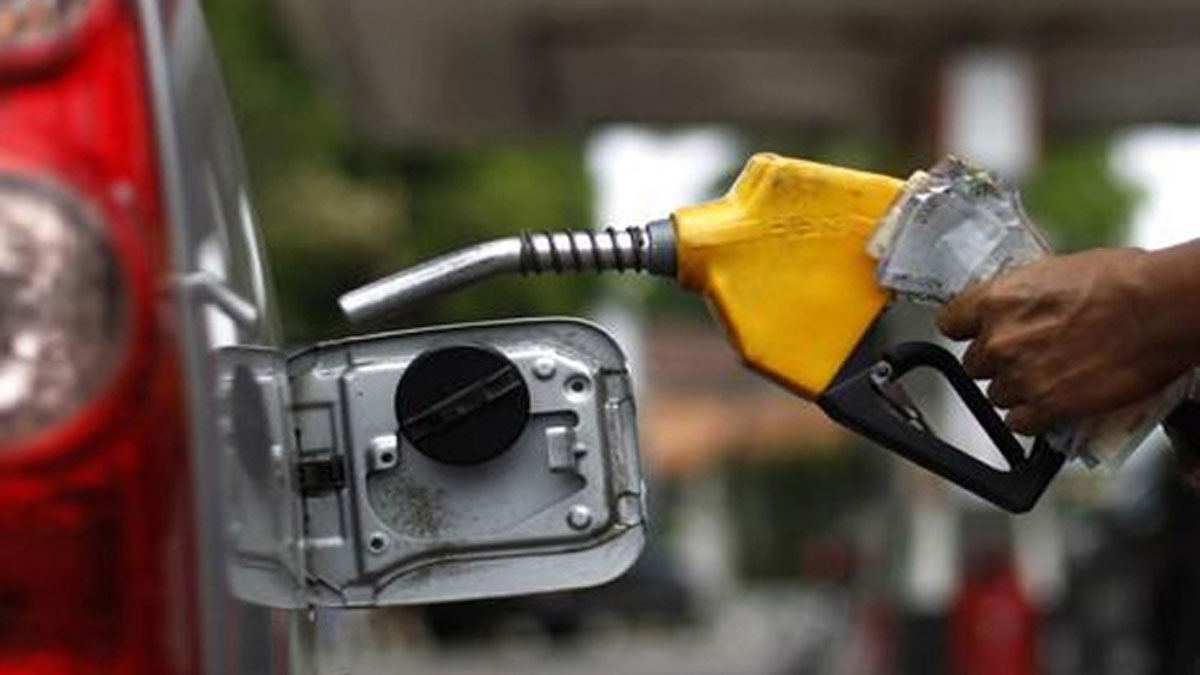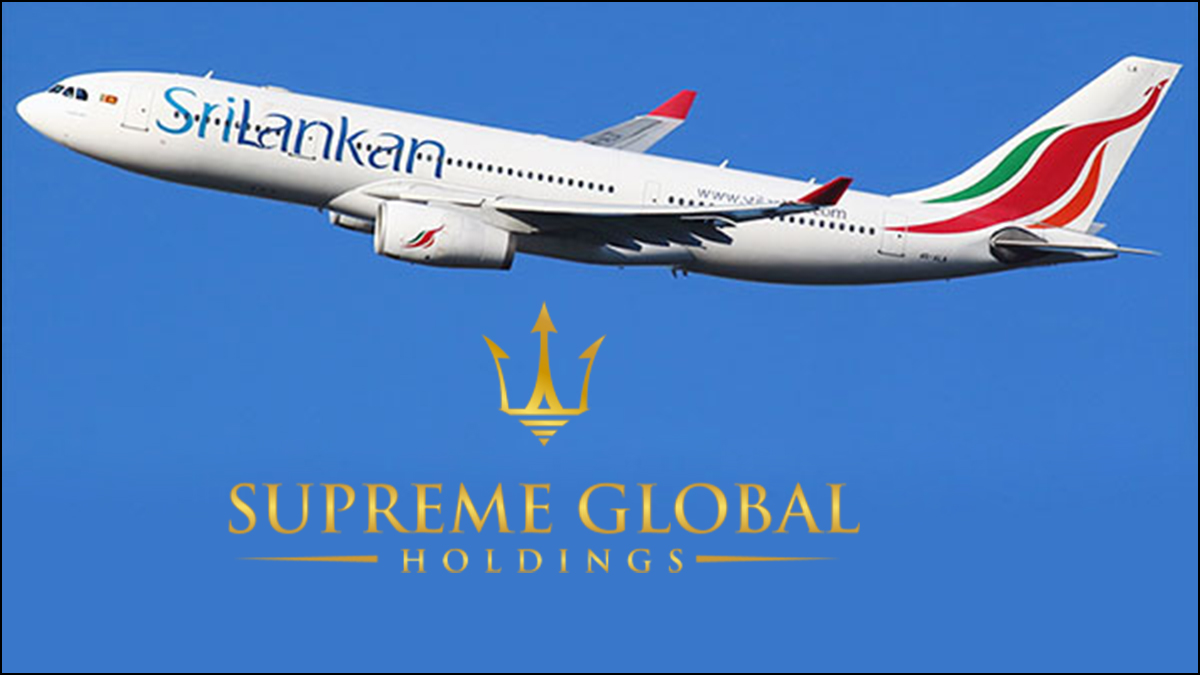BIZ
PnS fined over selling Lamprais unfit for consumption
-

 Entertainment3 days ago
Entertainment3 days agoActor Jagath Manuwarna accidently shot!
-
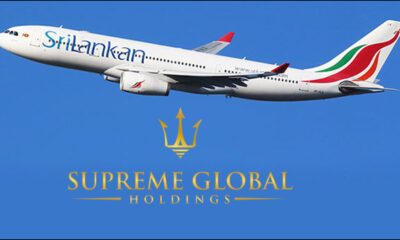
 BIZ2 days ago
BIZ2 days agoSupreme Global Holdings enters bidding to acquire SriLankan shares
-
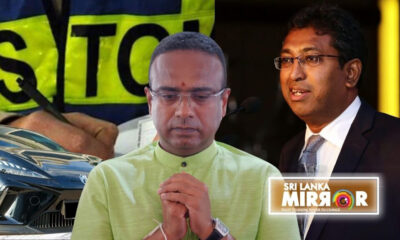
 News2 days ago
News2 days agoQuestions raised on Manusha’s EV permit scheme for expats
-

 BIZ3 days ago
BIZ3 days agoOriflame exiting Sri Lanka due to economic challenges
-

 News5 days ago
News5 days agoBasil meets Indian High Commissioner
-

 News4 days ago
News4 days agoBASL Bar Council condemns Tiran Alles’ statement, calls for resignation
-

 News2 days ago
News2 days agoElderly lady lawyer murdered inside house
-

 Entertainment15 hours ago
Entertainment15 hours agoIndian artistes arrive for UNP May Day musical



